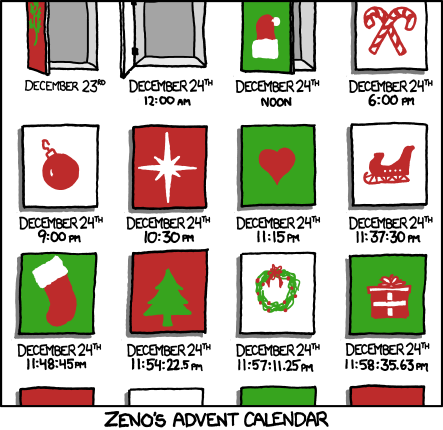Design of Ad-Hoc Wireless Networks
School of Computer Science, Reykjavik University
Two Ph.D. fellowships
Applications are invited for two Ph.D. fellowships at the School of Computer Science (SCS), Reykjavik University. The positions are part of a three-year research project funded by a grant-of-excellence by the Icelandic Research Fund, under the direction of Magnús M. Halldórsson.
Aim of the project
The aim of this project is to elucidate fundamental properties of wireless networks, broadly construed. Our focus is on general provable properties that hold for arbitrary configurations and are independent of situation-specific characteristics. We explore realistic models of interference, with the aim of bridging some of the gap between theoretical and applied research. We will also investigate practical protocols to disseminate information in general networks.
Some of the aspects of the projects include:
· Spectrum management, including game theory and spectrum auctions, and cognitive radio.
· Analysis of increasingly realistic models of wireless communication, including shadowing and obstacles, mobility, and network coding.
· Installation of a comprehensive wireless testbed, and the implementation of empirical confirmation studies.
· Resolution of fundamental open questions on wireless scheduling and capacity, and the design of communication primitives.
· Creating and evaluating protocols for information dissemination in combined wired and wireless networks.
· Devising practical systems and implementing applications for general networks.
The mode of operation of the project is three-pronged:
· Designing and implementing systems and kernel primitives.
· Conducting empirical studies in a wireless testbed, along with simulations studies.
· Designing and analysing algorithms with provable performance bounds.
Research environment
The research group consists of faculty members from three schools at Reykjavik University and collaborators at TU Aachen and ETH Zurich. The group includes Ýmir Vigfússon, Henning Úlfarsson and Pradipta Mitra (SCS), Eyjólfur Ásgeirsson (School of Science and Engineering) and Sverrir Ólafsson (School of Business and School of Science and Engineering). The project director is Magnús M. Halldórsson (SCS). Our primary collaborators are Berthold Vöcking (TU Aachen) and Roger Wattenhofer (ETH Zurich); we also collaborate with other world-class researchers in Europe, N-America, and Asia. The research group website is http://alnet.ru.is/sinr.html.
The successful candidates will benefit from, and contribute to, the research environment at the Icelandic Centre of Excellence in Theoretical Computer Science (ICE-TCS). ICE-TCS has currently 14 permanent members, five postdoctoral researchers and three Ph.D. students. For more information about ICE-TCS, its members and its activities, see http://www.icetcs.ru.is/.
Qualification requirements
Applicants for the Ph.D. fellowships should have a MSc degree in Computer Science, or closely related fields, and have a solid background in the analysis of algorithms and a good understanding of networking. One of the studentships is expected to be systems-oriented, for which an experience with systems design and implementation is essential. The other will be focused on algorithmic analysis, for which mathematical competence is crucial.
Remuneration
Each Ph.D position provides a stipend of 250,000 ISK (roughly 1600€[1]) per month before taxes, for three years, starting as early as possible and no later than September 2012.
Application details
By Friday, 15 February 2012, interested applicants should send their CV, including a list of publications where applicable, as a PDF document to mmh@ru.is, together with a transcript of their academic record, a 1-2 page statement outlining their suitability for the project and the names of two referees who can comment on the research potential of the candidate.
We will start reviewing applications as soon as they arrive, and will continue to accept applications until the positions are filled. However, we strongly encourage interested applicants to send in their applications as soon as possible.
About the School of Computer Science at Reykjavik University
The School of Computer Science at RU (http://en.ru.is/CS) has approximately 440 students at the undergraduate, masters and doctorate levels. The School is home to several strong research groups and the main research areas are algorithmics, artificial intelligence, combinatorics, concurrency theory, databases, human-computer interaction, natural language processing, engineering software systems, theoretical computer science and virtual environments.
The School of Computer Science at Reykjavik University has ties with several leading foreign universities, facilitating collaboration, as well as faculty and student exchanges. In particular, the School has a joint M.Sc. degree in Computer Science with the University of Camerino, Italy, and joint Ph.D. degree programs with KTH, Stockholm, Sweden, and Eindhoven University of Technology, Holland.
Information about Ph.D. studies at the School of Computer Science is available at
http://en.ru.is/departments/school-of-computer-science/ph.d-studies/
[1] Up-to-date Exchange Rate can be obtained from http://sedlabanki.is/?PageID=183

